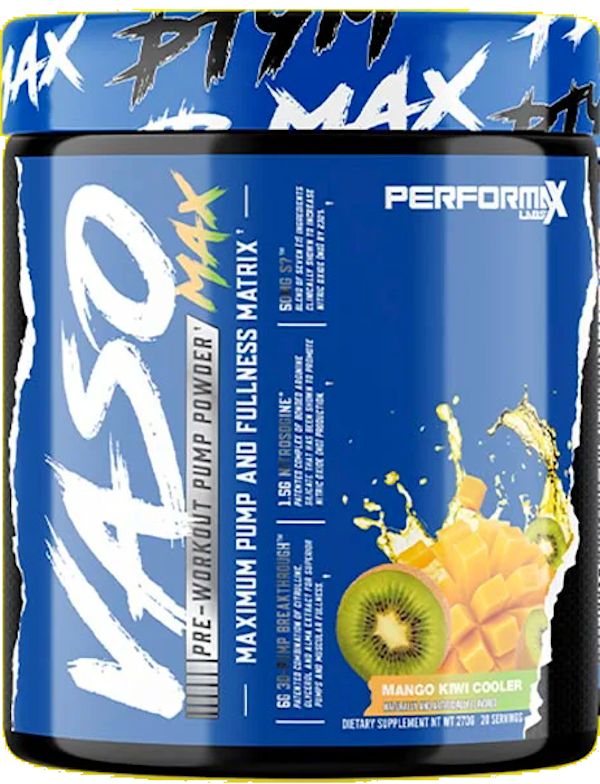
WHY MUSCLE PUMPS ARE IMPORTANT
WHY MUSCLE PUMPS ARE IMPORTANT
The “pump” is something not only pursued but cherished by lifters, both bodybuilders and casual fitness enthusiasts alike. It’s been a mainstay of gym culture since the heyday of the “glory days” of bodybuilding back in the 70s, but one thing that has always been a matter of debate is whether or not the pump is important for muscle building or not.
Before we answer that question, let’s first breakdown how a muscle “pump” actually happens.
Basically, during a moderate-to-high rep set (e.g. 10-30 reps), the veins shuttling blood away from the working muscles are compressed by muscular contractions. However, the arteries continue to deliver blood into the muscles, thereby leading to an increased amount of intramuscular blood plasma.
As a result, plasma seeps out of the capillaries and into the areas between muscle cells and blood vessels (“interstitial spaces”).
The accumulation of fluid in the interstitial spaces in conjunction with the osmolytic properties of lactate creates an extra-cellular pressure gradient. Subsequently, this leads to a tidal wave-esque swell of plasma back into muscle tissue.
The end result is blood pooling in the muscle, causing cellular swelling, better known as “the pump.”
With that explanation addressed, the next question on your mind is whether or not the pump is “important” for building muscle and strength.
Truth be told, you do not “have” to have a pump to build muscle or strength. In other words, a pump is not required for making gains.
Now, that’s not to say getting a savage pump in the gym doesn’t benefit your workouts or help build muscle…it’s just that it’s not absolutely essential to your goal of building muscle or strength.
Hypertrophy (muscle building) is primarily driven by mechanical tension -- how much stress is applied to your muscles via mechanical overload. This is most often associated with weight on the bar, but mechanical tension can also be increased via increasing reps, decreasing reps, increasing range of motion, increasing time under tension, etc.
Other factors that contribute to muscle hypertrophy are muscle damage and metabolic stress, and it is this latter component where “the pump” is important.
Achieving and maintaining a pump causes skeletal muscle cells to swell. As the cell swells, it perceives this expansion as a threat to its survival. In turn, it ratchets up protein synthesis to “batten down the hatches” and increase the cell’s resilience to future stressors (i.e. subsequent training sessions).
The pump also upregulates satellite cell activity which also supports a muscle cell’s ability to expand (“grow”), further supporting muscle growth.
Aside from pure muscle growth, a pump can also indicate that you’re recruiting the proper muscles during an exercise (the “mind-muscle” connection) or provide an indication that you’re not using the right muscle groups (for instance if you’re trying to target the quads and end up getting a pump in your glutes or hams).
Altogether, this can help you have a more effective workout via the various biofeedback mechanisms imparted and obtained from the pump.
By now, you’re probably wondering “how” do you achieve a pump?
Well, for starters, being properly hydrated and fueled before your workout can help. This means consuming enough electrolytes (sodium in particular), water, and carbohydrates. Performing moderate-to-high reps (10-30 reps) also benefits the pump as this places the muscle under sufficient tension for enough time to cause cellular swelling.
Finally, supplements can also play a role in generating a massive pump by increasing cellular swelling, boosting NO production, and extending time-to-exhaustion (which allows you to bang out more reps before ending the set).
VasoMax was specifically created to be the ultimate pump pre workout supplement, as it contains 6,000mg 3DPump-Breakthrough as well as 1500mg Nitrosigine, 2000mg L-Taurine, and 300mg VASO6, to support vasodilation, cellular swelling, and “THE PUMP” from multiple avenues.

